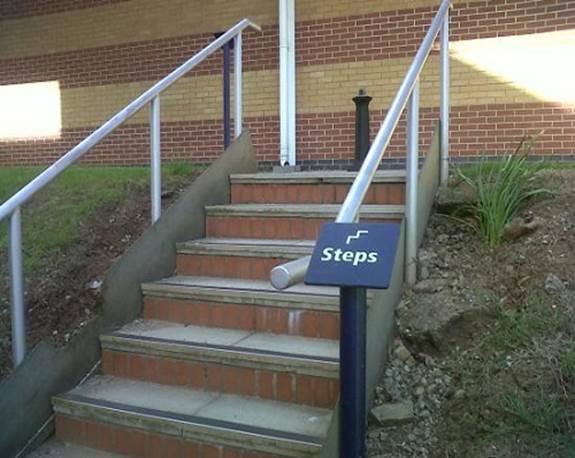I’ve expressed skepticism before about William Langewiesche’s 12,600-word 2007 article in Vanity Fair on the Chevron-Ecuador dispute, which took a line relentlessly sympathetic to the case of plaintiff’s lawyer Steven Donziger. (As readers of this site know, Donziger has spent the past few years fighting off allegations as to the means by which he obtained an $18 billion judgment against Chevron; one federal judge has found “clear and convincing evidence” that the judgment was “obtained by corrupt means.”) I’m also pretty familiar with the ways trial lawyers use journalists to go after the companies they’re suing, having written on that topic many times before.
Still, like many others, I was floored by Glenn Garvin’s new column in the Miami Herald based on emails introduced into evidence in the endless litigation. Even knowing how writers habitually butter up key sources, I wouldn’t have expected Langewiesche to assure Donziger that “You and I are now firmly on the same side” and that writing the article had been “particularly satisfying to the extent that it supports your efforts, and you personally.” Nor would I have expected Langewiesche to have sent Donziger a copy of his article weeks before it was published, or for Vanity Fair’s editors to have allowed him to do this on a highly contentious topic of public controversy, assuming they knew.
The emails go on and on, as Garvin summarizes them, depicting
Langewiesche as Donziger’s camp follower at the best of times, his sock-puppet at the worst.
The reporter asks Donziger to prepare lists of dozens of questions to be asked of Chevron. And he begs Donziger to help him prepare arguments about why there’s no need for him to do face-to-face interviews with Chevron officials, as they’ve requested, even though he spent days meeting with Donziger and his legal staff.
“I want to avoid a meeting, simply because I do NOT have the time. But I don’t want to go on record refusing a meeting,” writes Langewiesche. “Perhaps I could say that my travel schedule is intense . . . ” He not only submits his emails to Chevron for Donziger’s approval (“What say, Steve. I gotta send this tonight”) and even lets him rewrite them.
In short, Vanity Fair, which positions itself as the glossiest of high-toned journalistic outlets, got played like a cheap ukulele. And I didn’t know this either, which I’ll quote Garvin on, parentheses and all: “(Department of Extraordinary Coincidences: Donziger’s wife at the time worked in corporate communications at Condé Nast, the magazine’s publisher.)”
By coincidence, I’m part way through an advance copy of the interesting new book by Paul Barrett of Business Week on the Chevron-Donziger-Ecuador mess, titled Law of the Jungle. Not to give away anything, but it fills in many areas of background that were new to me about this incredible (still-in-progress, attempted) legal heist (links to Barrett’s earlier coverage here). There’s also a new mini-book by Michael Goldhaber entitled Crude Awakening: Chevron in Ecuador, unseen by me.
P.S. Bonus Vanity Fair connection: journalist Kurt Eichenwald, whose trial-lawyer-assisted role in the Texaco Tapes affair left such a bad impression, has for some time been ensconced as a contributing editor at Vanity Fair.
Filed under: Chevron, environment, media bias

